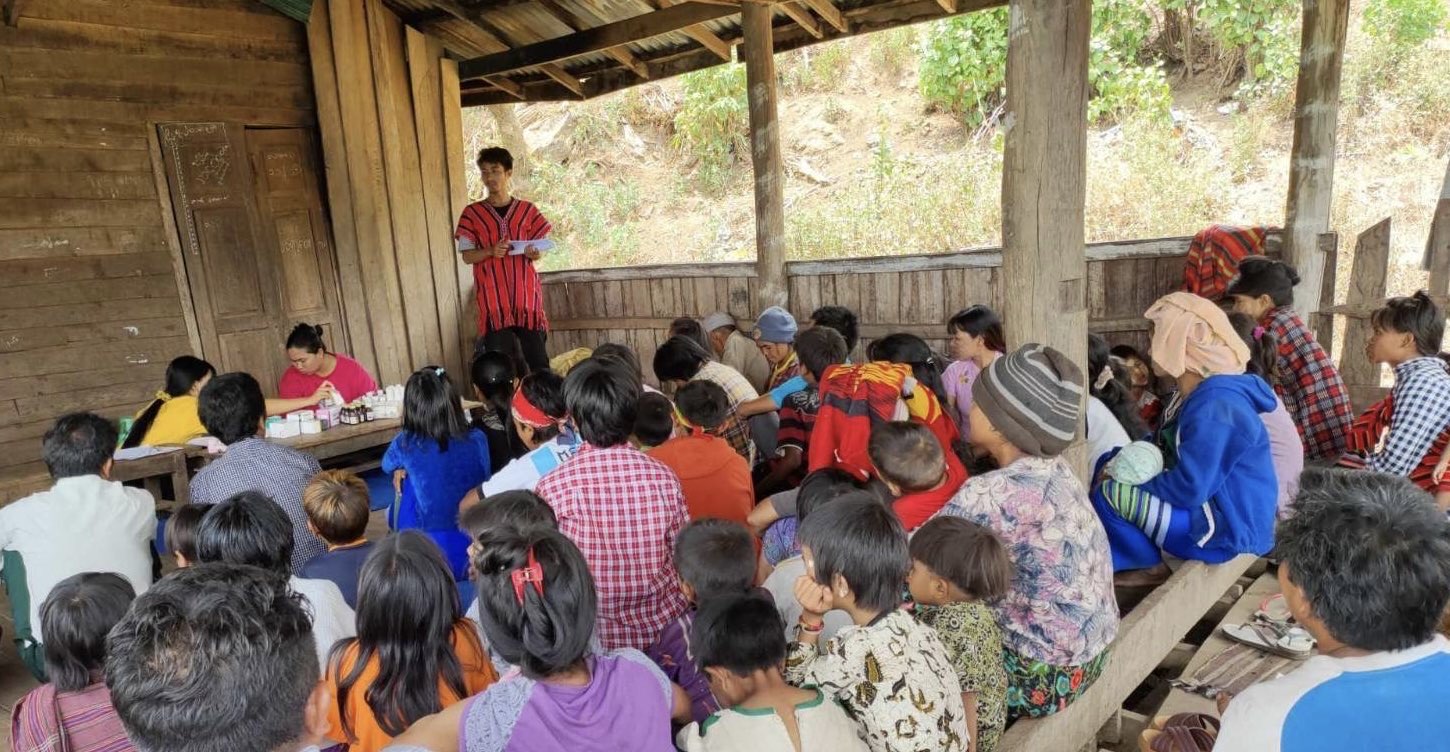Christian Solidarity Worldwide and Amnesty International Hong Kong: Statement By Salai Bawi Lian
Human Rights Situation in Chinland Presentation By Salai Bawi Lian Mang Of Chin Human Rights Organization At Joint Venue Hosted By Lawyers Group of Amnesty International (Hong Kong) & Christian Solidarity Worldwide (Hong Kong) November 7, 2005 Hong Kong I would like to say thank you to the CWS (Hong Kong) and the Lawyers

